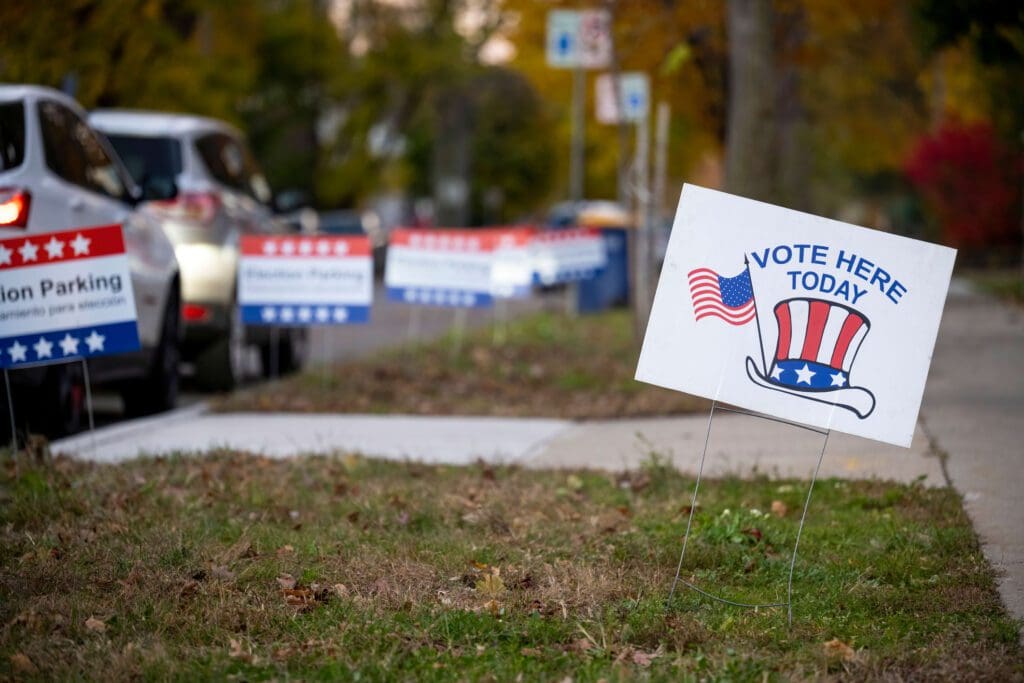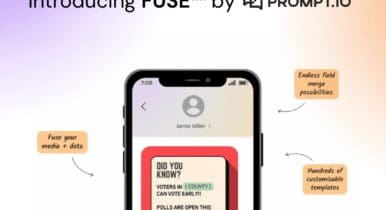Pollsters and Trump: Third Time’s a Charm?

Image Credit: Ayman Haykal
The 2024 cycle will most likely feature a rare historical occurrence in modern campaigns: a major party candidate running for president for the third time who, unlike traditional perennial types, actually has a shot at winning the GOP nomination.
The good thing for pollsters is that they’ve seen this play out before and some practitioners feel confident, despite earlier misfires, that they’ll be able to better predict the makeup of the electorate.
“I expect 2024 to be a pretty good year for polling,” said Ethan Smith, founder of the newly launched Upswing Research & Strategy.
In previous cycles when the former president ran, pollsters had trouble getting responses from Trump supporters. Researchers have pointed to a variety of reasons for that low- or non-response rate, but one baseline factor is that it’s easier to poll voters who are more politically engaged.
Trump supporters, like many of President Obama’s voters, only turnout for him. “That makes it hard for us,” said Smith, who spent nearly a decade at Greenberg Quinlan Rosner Research (GQR) before officially hanging his own shingle this week. “Capturing that in surveys is a challenge.”
But the challenge for pollsters doesn’t begin and end with Trump supporters. In fact, the former president’s impact on the electorate also translates to Democrats and Independents who are more motivated to vote in primaries and general elections when he’s on the ballot, according to Smith.
Now, pollsters have different approaches that they feel confident will help them successfully get a read on the presidential cycle. Specifically, mixed-mode surveys that reach landlines and cellphones, text to web surveys and online panels.
“You also spend more time looking at your sample frame, and making sure that the mix of people who participate in primaries and people who don’t participate in primaries is right,” said Smith.
Smith is launching his firm with some existing clients from his time as a VP at GQR, mainly progressive office holders in western Pennsylvania. He’s planning to stay a solo owner-operator for the time being and work from his home office. “If I have limited overhead, I can take on fewer clients and spend more time with them,” he said.
In addition to managing client relationships, Smith’s time will also be spent on writing surveys, interpreting the results and interacting with the calling houses. Despite the trend of conglomeration in the industry, he feels a shop like his can carve out a niche with a service-based approach that draws from his experience both as a pollster and a campaign staffer in Pennsylvania.
The big polling shops, he said, “they’re great. They have great track records. But the universal advice that I got … everybody said: we need more firms and we need more people with your level of experience.”

